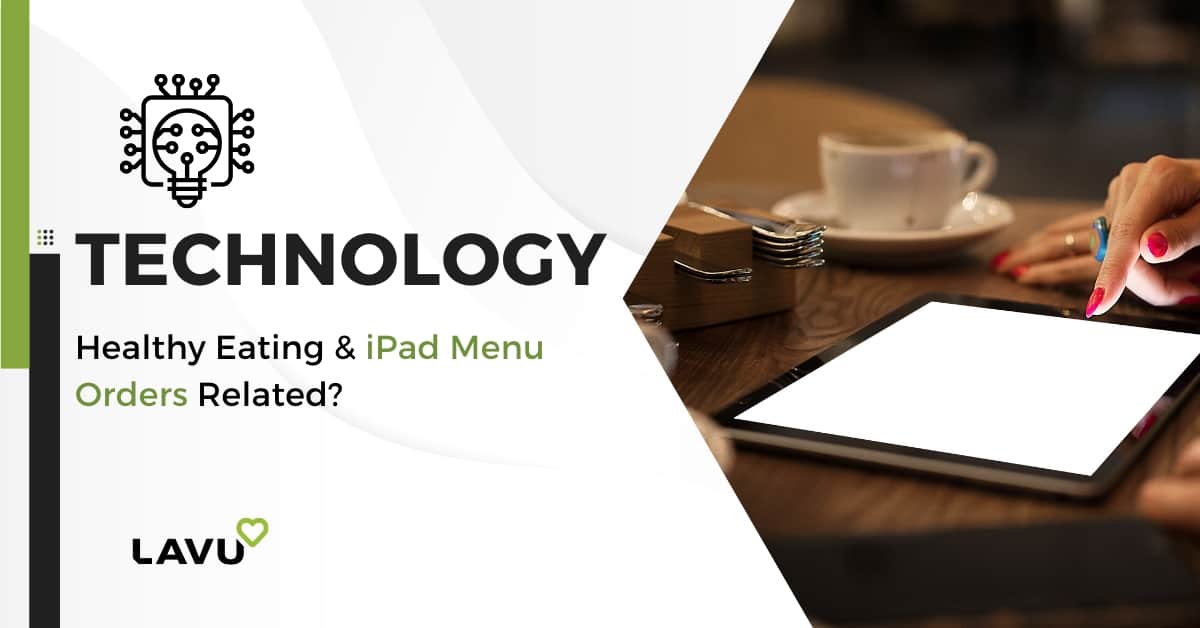
Getting a ton of salad orders at your restaurant this summer? For many people, this is the season of lighter eating and increased activity. Here at Lavu headquarters, we’re thinking about health too. In fact, we recently launched a company-wide fitness challenge in partnership with Simms Fitness. We’ll be competing in teams to see who hits the gym the most this summer.
Yet exercise is only part of it. Eating in moderation—both at home and when dining out—is one of the biggest keys to weight management.
That’s why we were intrigued by a recent study published in the American Journal of Consumer Research. Entitled “The Effect of Preference Expression Modality on Self-Control,” the study looks at how methods of ordering from menus influence the healthiness of food selections. Variations during the study’s research included giving a menu selection orally, writing down a selection, and pressing a button to order a food item.
The overwhelming verdict: Method matters.
Across various settings—including a restaurant, vending machine, and classroom—the researchers found the same result. When food selections were made manually, either by writing or button pushing, participants were likelier to choose the healthier, lower-calorie option. For example, during dinner service at a Greek restaurant in Cologne, Germany, diners were given a choice between two complimentary desserts: an indulgent chocolate skewer or a healthy fruit skewer. When they indicated their preference by pressing a button, they were likelier to order the fruit. But when speaking to waitstaff, more people chose the chocolate version. (The one exception occurred when diners expressed their selection in a foreign language; in that scenario, the lower-calorie option won out.)
Surprised by these findings? The study authors—who hail from Tilburg University and Maastricht University in The Netherlands as well as Stanford University in the United States—were not. Based on previous neuroscientific research, they had predicted that speaking is less likely to evoke self-control than motor movements. That’s because motor movements activate a different region of the brain, one that is more capable of overriding impulses. In other words, using one’s hand to place an order seems to trigger the brain to weigh long-term goals. The result is that unhealthy urges are regulated.
Clearly, this groundbreaking study has important implications for restaurateurs, not to mention a few ethical ones. Namely, you can affect consumer choice—and even increase self-control—simply based on the method of ordering. So maybe the question to ask yourself is this: How does the health of your customers fit into your restaurant philosophy?
For more on restaurant technology, find out how Domino’s moved from pizza maker to tech developer. Read more about restaurants and iPads here.

